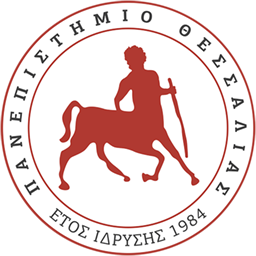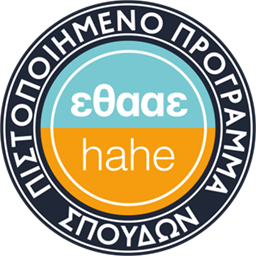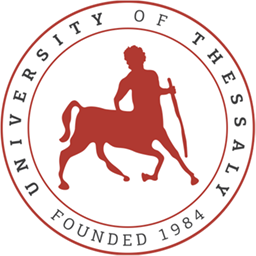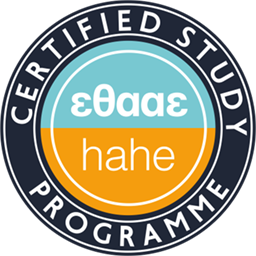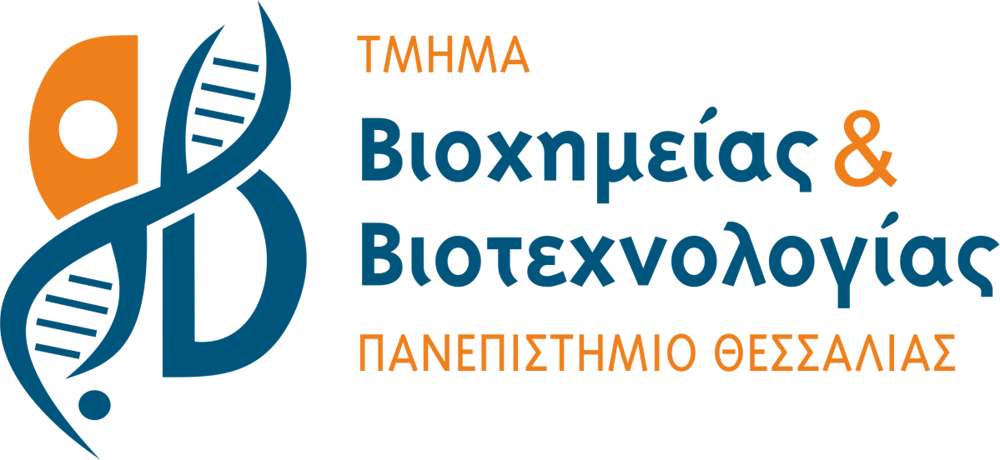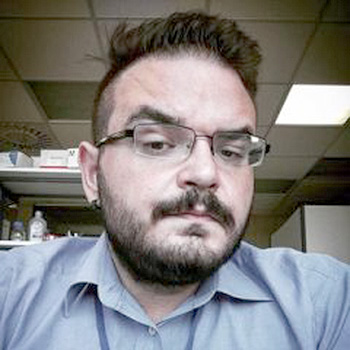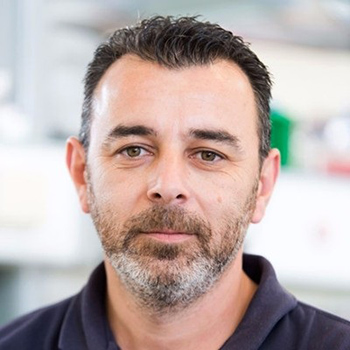Human Genetics
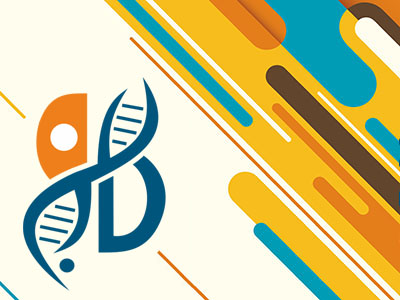
Theory: 3 hours/week | Tutorials: 1 hour/week | ECTS Units: 6
Content – Aim of the course
The thorough understanding of the molecular and biochemical basis of monogenic and multifactorial genetic diseases, through the dissection of the different patterns of inheritance, the alternative strategies applied in disease-gene identification, the analysis of diseases with established genotype-phenotype association in the context of the recent developments at the technological, laboratory and clinical level.
Analytical Description of the Course
- Human genome architecture and Human Genome Project
- Human Genome Variation. HapMap project, 1000 Genome Project, Copy Number Variation Project.
- Inheritance patterns of mendelian diseases. Factors affecting mendelian inheritance patterns.
- Identification of human mendelian disease genes through position dependent (positional cloning) and independent strategies (exome sequencing).
- Mutations in different functional protein categories and disease (haemoglobinopathies,enzyme disorders, lysosomal storage diseases, disorders of protein receptors, extracellular homeostasis, connective tissue disorders). Dynamic mutations (genetic instability and anticipation).
- CHROMOSOMAL ABNORMALITIES. Current techniques in chromosome analysis. Uniparental disomy. Fragile sites. Prenatal and preimplantation genetic diagnosis.
- SEX DIFFERENTIATION.Sex determination in mammals. X-chromosome inactivation. Imprinting
- Multifactorial diseases. Linkage disequilibrium. Candidate gene and genome-wide association studies.
Student Evaluation
Each session is accompanied by tutorial exercises
Reading Suggestions
- Thompson & Thompson Ιατρική Γενετική, NUSSBAUM R., McINNES R.R., WILLARD H.F.,
- Human Genetics and Genomics, 4th Edition, Bruce R. Korf, Mira B. Irons
- Review papers from journals such as Nature Genetics, Trends in Genetics, PLoS Genetics
Teaching Material / E-class
Lecturer
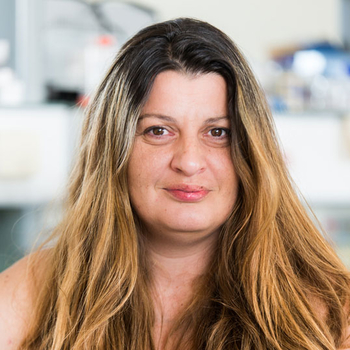
Theologia Sarafidou
(Course Coordinator)
Themistoklis Giannoulis
Assistant Professor, Department of Animal Science, University of Thessaly
